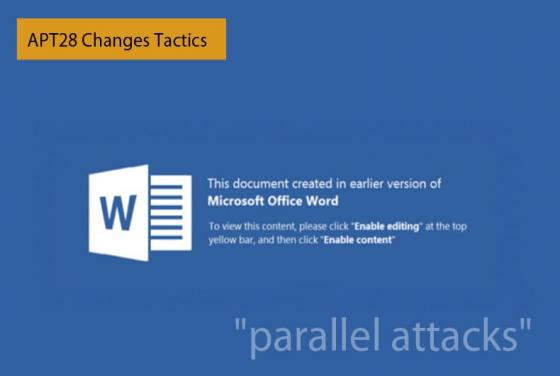

Hold tightly onto your Crypto-Wallet
Hackers are a notoriously cunning bunch. They will exploit anything and everything in order to make some quick but illegally money. The higher the potential payday for hacker or scammer the more likely whatever it is, is likely a target. Over the past couple of days, two instances of hackers targeti








